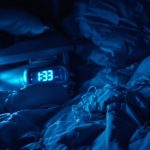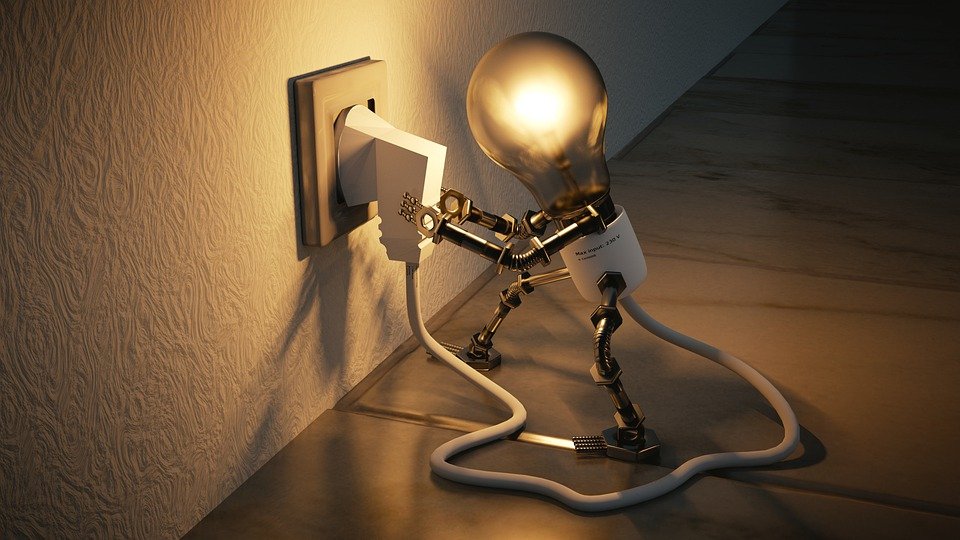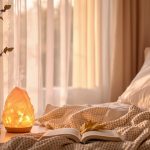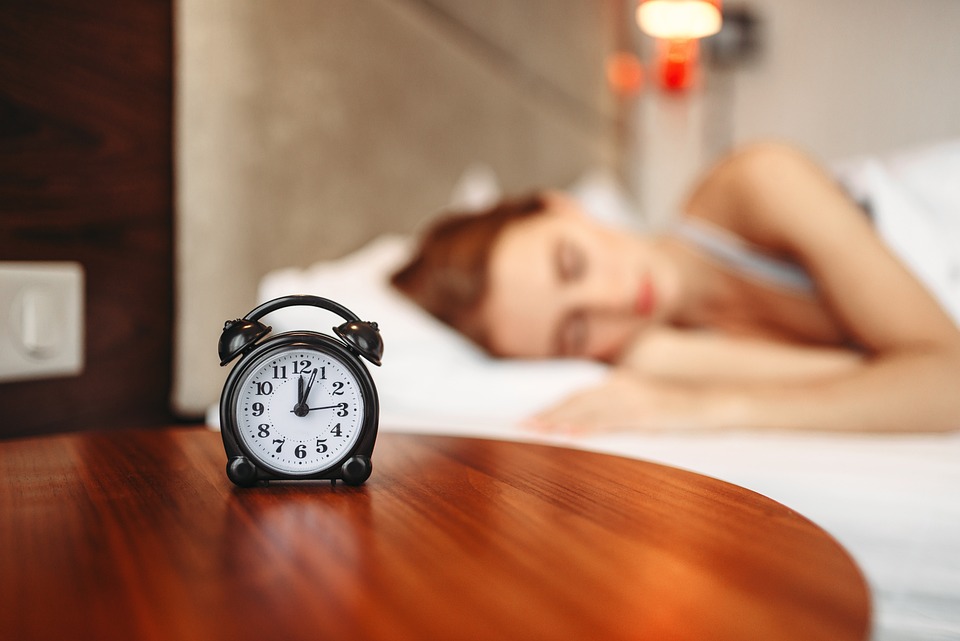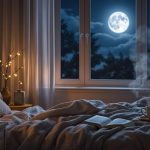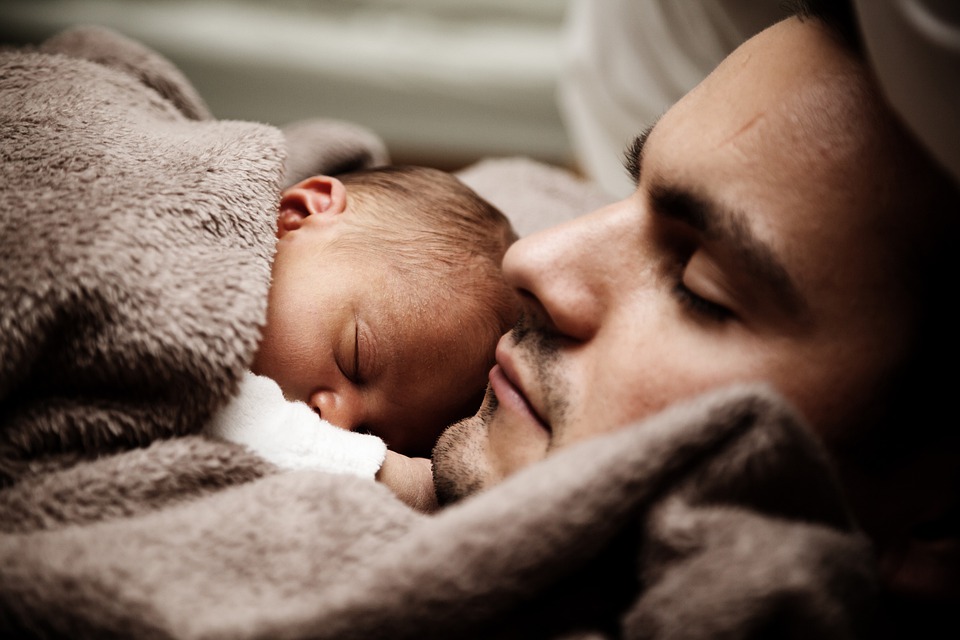
The Importance of Melatonin in the Modern World
The pineal gland produces melatonin in response to darkness. However, constantly disrupting the body’s natural production of melatonin has become more common due to bright screens, city lights, and frequent night work. Even exposure to a small amount of bright light at night can stop it from being produced.
Since our biological clock is based on light and dark, this is a big problem. The circadian rhythm is thought to control around 10% of our genes.
Myth #1: Melatonin Use Is Dangerous Because It’s a Hormone
Although melatonin is technically classified as a hormone, it doesn’t function in the same way as other hormones in the body. For example, melatonin levels aren’t regulated by blood values like testosterone or estrogen levels. Spending time in darkness or consuming certain foods can increase the amount of melatonin produced in the body.
Just because melatonin is classified as a hormone doesn’t mean you should refuse to take it. You would have to avoid a lot of foods if melatonin was bad for you. This includes fish, eggs, nuts, many vegetables and fruits, and even olive oil.
There are important questions about whether melatonin has a physiological effect on the sexual maturation of mammals. How melatonin affects the start of puberty in people is not yet understood. Although there have been only three studies conducted on this topic, it is difficult to make any firm conclusions.
Myth #2: Long-Term Melatonin Use Is Detrimental to Health
Several articles on the internet suggest that there may be some potential dangers to using melatonin for a long period.
Although various warnings have been circulating, we have not found any research to support them. Numerous studies and scientific reviews suggest quite the opposite:
- One 2016 review from researchers at the University of Copenhagen concluded, “No studies have indicated that exogenous melatonin should induce any serious adverse effects. Similarly, randomized clinical studies indicate that long-term melatonin treatment causes only mild adverse effects compared to placebo.”
- A 2018 study on children and young adults found that “Melatonin therapy sustained for 7.1 years does not result in substantial deviations of sleep quality as compared to controls and appears to be safe.”
- In a 2019 review of 50 melatonin studies, researchers concluded that “Oral melatonin supplementation in humans has a generally favorable safety profile with some exceptions. Most adverse effects can likely be easily avoided or managed by dosing in accordance with natural circadian rhythms.”
- A 2020 study found that taking 2, 5, or 10 mg of melatonin per night was “safe and effective for long-term treatment in children and adolescents with ASD and insomnia.” This particular study followed children (ages 2 to 17) for two years.
- Perhaps one of the most persuasive statements on the safety of melatonin comes from Dr. Russel J. Reiter, Ph.D., M.D., one of the world’s foremost experts on melatonin. In one lecture, he comments “You cannot kill an animal or make an animal sick with too much melatonin. You can kill them with aspirin. You can kill them with any drug…You can’t do it with melatonin. The safety of melatonin over such a wide range of doses is very high.”
Although there is more research that could be done on the long-term effects of something, there is especially a need for more research in sensitive populations like children, pregnant women, and the elderly. Bo and I have each been taking either 3 or 5 mg of melatonin every night for the last four years based on existing research.
12 Sleep Myths Debunked Once And For All
Modern sleep research began in the 1950s with the discovery of REM sleep.
Sleep used to be thought of as a ‘passive process,’ so it wasn’t studied much.
There are still many mysteries about sleep that have not been solved, but in the last few decades, science has been able to separate a lot of the fiction from the truth.
Here are some scientific studies that debunk popular sleep myths.
1. Sleep is a passive activity
Sleep was long considered a state of unconsciousness where the body rests. Sleep is an active state within the body and brain.
A series of events that happen regularly and in the same order every night occurs. Many vital processes are happening that we are not aware of when we are inactive at night.
Some types of brain activity, such as delta waves, actually increase when we are asleep. During sleep, the endocrine system increases the production of human growth hormone and prolactin, which are both vital for a healthy immune system.
Dreaming is important for consolidating long-term memories and building neural connections.
2. Older people need less sleep
A lot of people think that as we age, we need less sleep. But that’s not true. There is some truth to the idea that elderly people have more fragmented sleep patterns, but this may be due to other health problems and the way our circadian rhythms change as we get older. Professor Sean Drummond of the University of California stated:
” Older adults get the same benefits from sleep as they did when they were in their 30s. This varies from person to person but how much you sleep at 35 should remain the same when you’re 75. People find it harder to sleep as they get older, thinking that they need less sleep when that is not the case.
3. At the weekends you can catch up on any sleep you may have missed during the week.
You may have “sleep debt” if you have had a busy week with work or social engagements. However, this isn’t strictly true Many people believe that if they miss sleep during the week, they can make up for it by sleeping more on the weekends. However, this is not always the case.
However, some studies have shown that this may not be adequate to fully restore you for the week ahead and you may need more sleep.
While one long night’s sleep can help you perform better, these benefits may only last for a few hours after you wake up.
The longer the day goes on, the more your reaction time slows down, making accidents and mistakes more likely. Dr. Elizabeth Klerman, a professor in the Division of Sleep Medicine at Brigham and Women’s Hospital concluded that:
If you’re not getting enough sleep during the week but try to make up for it on weekends, you may not realize that you’re slowly building up a sleep debt.
4. Snoring is harmless
The National Sleep Foundation’s 2005 poll showed that 32 percent of American adults snore at least a few nights a week. Many people would agree that such a common activity is not harmful or evil.
Loud, chronic snoring could be a symptom of obstructive sleep apnea, a serious condition that can be life-threatening.
The condition known as OSA is identified by gaps in breathing while sleeping. These pauses occur when the airways become obstructed. If OSA is not diagnosed and treated, it can cause low blood oxygen levels and put a strain on the heart and respiratory system, which can increase the risk of high blood pressure, stroke, and heart attack.
5. Sleeping pills are harmless
Sleeping pills are drugs that are prescribed by doctors very often. Approximately 10% of the US population was prescribed medication for sleep disorders in 2010.
A recent study has called for doctors to rethink the way we treat people with sleep disorders. sleeping pills such as temazepam and zolpidem are associated with a significantly higher risk of death and cancer. The report concluded that
People who take hypnotic drugs are three times more likely to die than those who don’t, even if they only take a small amount.
You can manage only four hours of sleep.
Margaret Thatcher remarked that she only needed around 4 hours of sleep a day to function properly.
Recently, a gene was discovered that might explain why some people can get by on a much smaller amount of sleep than most people need. Scientists think that this gene only applies to around 2-3% of the population, though.
Most people need to sleep for 7-8 hours per night to stay physically and mentally healthy. If you don’t get enough sleep, the consequences can be very serious. If you don’t get enough sleep, it can lead to all sorts of problems, including heart disease, depression, and weight gain.
7. Watching tv helps you fall asleep
You’re not alone if you enjoy watching TV before falling asleep. According to a National Sleep Foundation poll, most people (60%) report that they usually watch TV the hour before sleep at least a few nights a week. The National Sleep Foundation reports that the majority of Americans (60%) watch TV in the hour before sleep at least a few nights a week.
television is commonly used to help people fall asleep because the flickering light and constant background noise can be mentally distracting and help to calm a busy mind.
Sleeping with the TV on has been shown to cause numerous health problems including depression.
Also, the TV emits light with a blueish hue. Light is the most important regulator of our biological clock, and blue light specifically regulates the secretion of melatonin, the sleep hormone. When we are exposed to blue light, our body stops producing melatonin, which makes us feel alert and awake.
8. Drinking alcohol will help you sleep better at night.
It may seem like alcohol would help you sleep better because it has a natural sedative effect, but it actually can have the opposite effect.
Even though it may help you fall asleep faster, alcohol disrupts your sleep later in the night. You will become more likely to wake up as the alcohol is metabolized.
The sleep cycles are regulated by protein channels in the brain and research has shown that alcohol affects these channels.
Chronic drinkers develop a tolerance to the effects of alcohol, which includes reducing the amount of deep, restorative sleep and increasing periods of light sleep, including the REM phase.
9. Teenagers are lazy and love lying in bed
If your child is a teenager, they may not want to leave their comfortable bed.
There is a common assumption that all teenagers are lazy and unmotivated when it comes to getting out of bed in the morning. Many people also believe that teenagers are moody and make poor decisions. There is scientific evidence to back up the claim that there are biological reasons for certain types of behavior.
The body clock changes around the time of adolescence. During puberty, there is a 2-3 hour delay in the circadian rhythms. This is particularly true for males who gradually become more ‘evening types.’
Delayed sleep phase disorder is when someone’s sleep is delayed compared to the typical sleep schedule. This is characterized by delayed sleep-wake timing. Studies have shown that teenagers need around 9-10 hours of sleep, which is more than the average of 7-8 hours that most adults need. There are many ways you can help your teenager who is struggling with this biological change.
10. Daytime naps are a waste of time
In many Western societies, people generally view taking a nap in a negative light. If you are seen sleeping by your colleagues at work, they probably think you are lazy. It would be better for you to drink a strong cup of coffee to wake you up.
Napping should be respected more because it can improve work performance and potentially even save lives.
According to a 1989 study from NASA, pilots who don’t take a break are five times more likely to fall asleep during their shift than those who take a 25-minute nap. And if you still believe that naps are just for lazy people, think again, famous nappers through the ages include Einstein, Thomas Edison, John F. Kennedy, and Bill Clinton.
11. Never wake up a sleepwalker
It can be quite unsettling to discover that a loved one or a member of your family is a sleepwalker. Nighttime activities can include something as simple as going for a walk, or something more complicated like driving or using a computer.
Although we’re making progress in understanding the causes of sleepwalking, a lot of what we know is based on myths and stories from books and movies.
Waking someone up from sleepwalking can be a shock to their system, but it is not likely to cause a heart attack or death. Waking a sleepwalker may indeed cause some distress, but there’s no documented evidence that it can be fatal.
12. Eating turkey sends you to sleep
Have you heard about the ‘turkey coma’? The phenomenon of people falling asleep after eating a large meal can be observed on holidays like Christmas or Thanksgiving when relatives often eat to the point of being full and then take a nap.
The myth that turkey makes you sleepy is explained by the fact that it contains tryptophan, which is used to produce serotonin. Serotonin has the effect of making us sleepy.
The urban legend about a man getting his head stuck in a railroad girder was so popular that an episode of the comedy series Seinfeld was based on it.
Although turkey has tryptophan, it is not any higher in tryptophan than chicken, ground beef, or other meats. The most likely cause of this seasonal drowsiness is a natural dip in our circadian rhythms in the afternoon, coinciding with massive ingestion of protein, carbohydrates, and alcohol.

